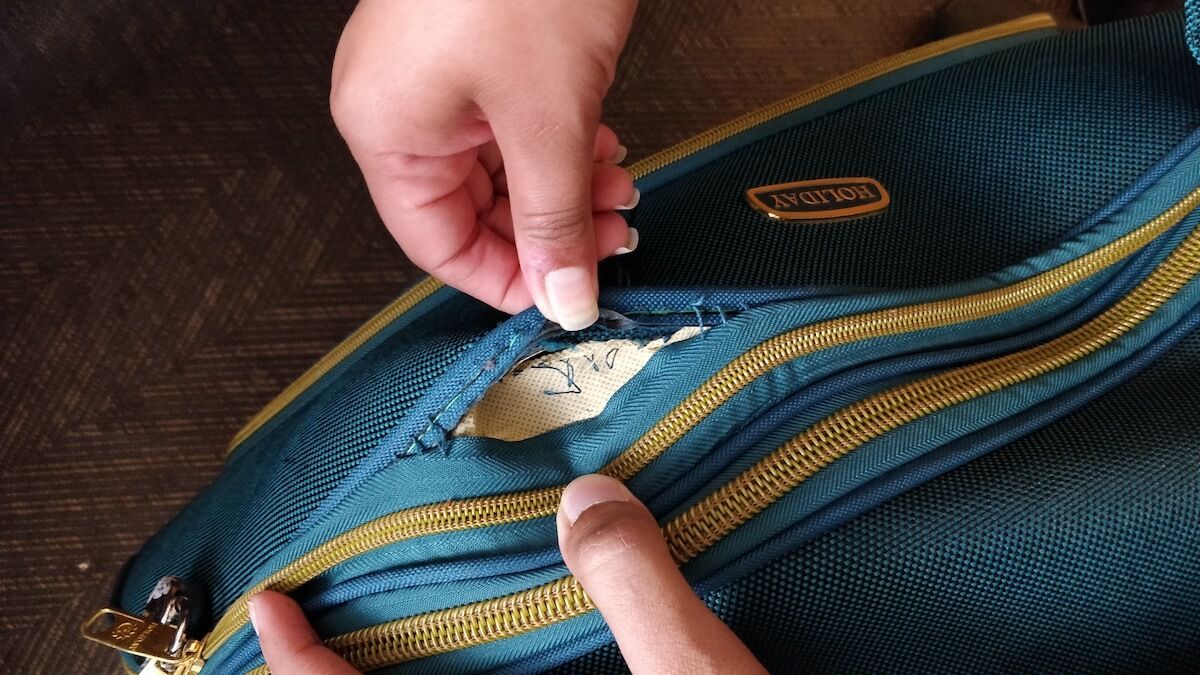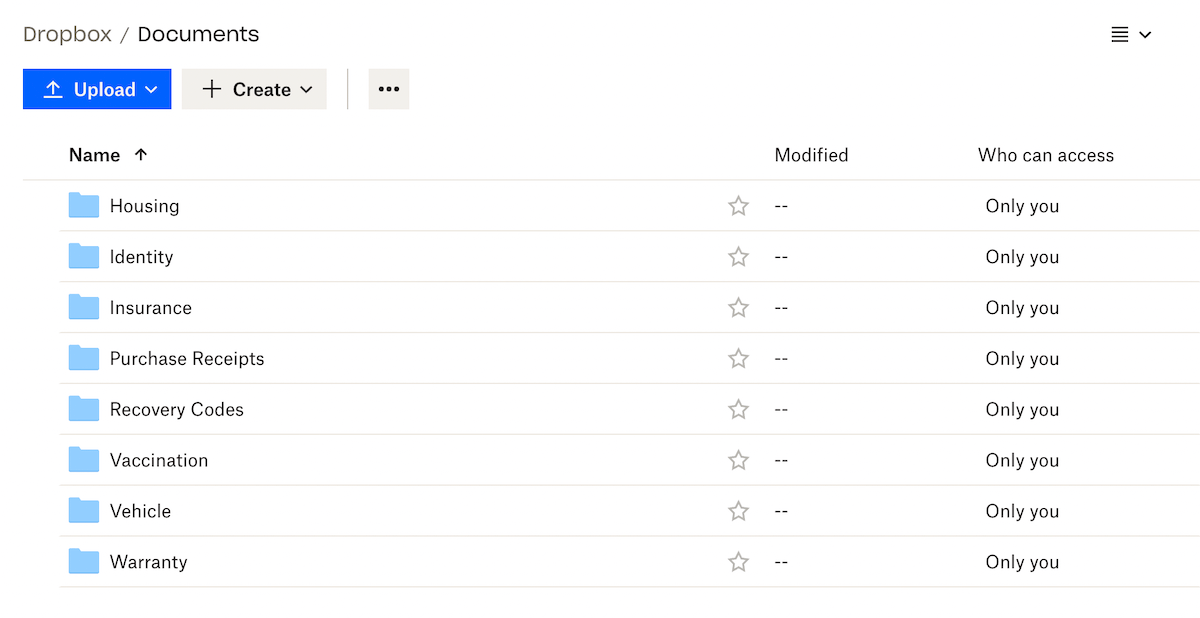You might’ve experienced moments in stress when your mind seemed to shut shop and fled the scene.
You spiralled into panic mode and couldn’t think straight.
“What am I going to do now?” is the first thing that comes to your mind.
Happens to all of us. Happened to me many times.
And:
After experiencing these brain fart moments, I started following a routine to get out of these jams without losing my cool.
How?
This blog post will show you how I stay calm and make rational decisions when shit hits the fan.
Let’s start with:
The time I hit panic mode in a foreign country
It was 2019, and I was on a Europe trip with my wife, celebrating our honeymoon.
And while the trip started with a bang, we hit a snag midway through the journey.
Air France decided to leave one of our checked-in baggage behind at the Paris airport for unknown reasons on our flight from Paris to Zurich.

As we stood near the baggage belt waiting for our second bag to come in, my heart started racing like a Ferrari.
Where was our other bag?
The belt became emptier, people came and went, and I started to lose my mind.
And when that baggage doorway closed, I knew we were in deep shit.
We were in a foreign country, missing one bag which contained our essentials for travel and souvenirs till now in it.
In a flash, I went from a holiday mood to mind-numbing anxiety.
Anyway:
We rushed to the lost baggage counter, reported our missing baggage and prayed for the best.
We had a train to catch for Interlaken, so we couldn’t possibly spend the entire day at the Zurich airport waiting for our bag to come.
Therefore:
Even with a mind full of stress and uncertainty, we made our way towards Interlaken.
And throughout the journey, instead of enjoying more beautiful Switzerland scenery like this:

I was on the phone searching for help, talking to the airline baggage partner about the status of my bag.
The last thing you’d want while you’re out holidaying in Europe.
Nevertheless:
We reached Interlaken, but the calls didn’t stop.
I called my travel insurance provider to see how I could claim any extra expense due to my delayed baggage:
Oh, did I forget to mention?
In Interlaken, we were left looking for a superstore to stock up on essentials like toiletry and undergarments.
It’s safe to say that we didn’t get to enjoy the beautiful town that day.
Thankfully:
Everything got sorted out in the end, and we could salvage the rest of our trip.
Well, not everything.
We received our bag in an unusable condition and had to go trolley shopping in Zurich:

Anyway, it was quite the scare.
Now:
Travel is one scenario.
We slip into chaos regularly in our life. And it doesn’t stop.
The best antidote to this stressful life is to be prepared for doomsday scenarios like this.
How?
Using:
The premortem technique
After that gruelling incident, I made a slight change in the way I prepare for travel:
Always keep essentials in the carry-on baggage.
And this minor change in my packing habit has kept me calm in every one of my trips afterwards.
How?
By not having to panic about losing access to essentials like toiletry, undergarments, or chargers on holiday.
Furthermore, I save time by not having to hop stores to buy these essentials when I should be enjoying my trip.
Here’s how the premortem technique works:
- Choose a doomsday scenario that can happen to you. Example: A travel fiasco or documents left behind.
- Imagine how it could affect you at that moment
- Identify steps you can take now to minimise the damage at that moment
Now:
The key here is identifying steps that can minimise damages rather than preventing them altogether.
Why?
Because you can’t control external influences, you can only prepare yourself to be less impacted by them.
And, when you’re prepared for these DEFCON 1 situations, you can handle them rationally.
For example:
Instead of going batshit crazy over delayed baggage and ruining your trip, you know the drill:
- Report your missing baggage
- Arrange for the airline to have it delivered to your hotel
- Carry on with your trip
Situations like these become a lot less scary when you have a plan of action ready instead of frazzling to think about what to do next.
Reminds me of the fire escape instructions in hotels.
Instead of panicking and burning to death, you know how to make your way to safety.
Now:
It can be challenging to look into the future and imagine doomsday scenarios that are likely in your life.
After all, who knows what’s going to happen in the future?
So, here are some examples of:
Scenarios where I’m applying the premortem technique
Adopting a premortem mindset for travel, I started applying this excellent technique to other areas of my life.
One such area is:
Money
An emergency fund has gotten me out of a jam multiple times in my life.
And the last thing I want during an emergency is not having access to money.
So, I keep my emergency fund split into multiple bank accounts as a preventive measure.
Why?
Because my bad day could go even worse if, during a crisis, the bank where I kept my entire emergency savings started having technical difficulties.
Yes, with technological advancements, this is a rare scenario.
But, it can happen.
I’ve seen bank server outages happen that lead to online transaction failures and cash dispensing issues at the ATM.
So:
With this practice of diversification, even if I don’t have access to one account, I could fall back to a different bank account and save the day.
Another important area is:
Documents
All of my important documents, like identity cards, rental agreements, etc., live in the cloud.
Here’s how I have them sorted:

The benefit of this approach is immense.
Anytime I need a document, I have access to it through my phone and my Dropbox account.
And recently, I faced a scenario where this practice came in handy.
Going to the movies, the receptionist asked for a COVID vaccination certificate for my wife and me.
I didn’t expect this to happen, and I wasn’t carrying my vaccination certificate with me.
But:
Thankfully, I had the certificates saved in my Dropbox.
In a moment, I was able to present the documents and get to the movie stress-free.
Had I not uploaded these certificates in the cloud, I would’ve had to waste time re-downloading them from the Government website.
And:
This practice is even more valuable for physical documentation like a passport or voter’s ID.
Because if I don’t have a scanned copy with me at all times, I might need to rush home to grab these documents in times of need.
And making a long round-trip journey when you’re short of time only increases your stress level.
Now, here’s another significant area:
Medical
Fortunately, I haven’t had a medical emergency yet.
But:
That doesn’t mean I’m immune to it.
And, a medical emergency is exponentially scarier than lost baggage or unavailable documents.
So, as a precaution:
Apart from having good health insurance, there are two questions that I’m preparing myself to ask to decide on a major treatment:
- What’s the Number Needed to Treat (NNT) for the recommended treatment?
- What’s the side-effects rate?
Getting answers to these questions is crucial to making an informed decision during a high-pressure situation.
Because let’s face it:
When you or your loved ones are in danger and you’re presented with a way out, you’ll take it.
Even if that approach is unlikely to work and bring in a host of side effects to the patient.
Preparing yourself with an action plan like this will help you stay calm during one of the most important decisions of your life.
Now, coming to the burning question:
Will the premortem technique work for you?
When faced with a stressful situation, our body optimises for survival.
And along with other functions like digestion, one crucial function that goes out the window is rational thinking.
But:
With a minor nudge, you can guide your brain to respond well rather than react randomly.
So, here’s how you can adopt this approach:
Take my examples as a starting point and develop a list of doomsday scenarios in your life.
And then:
Make plans on how you would like to handle those situations if and when they happen.
Now, here’s an essential understanding:
You won’t be able to predict everything. And that’s alright.
The plan is to look as far into your future as possible and prepare safeguards for yourself.
With that, you’ll be more equipped to deal with a scary situation without having a panic attack.



 In-depth articles, series and guides
In-depth articles, series and guides
